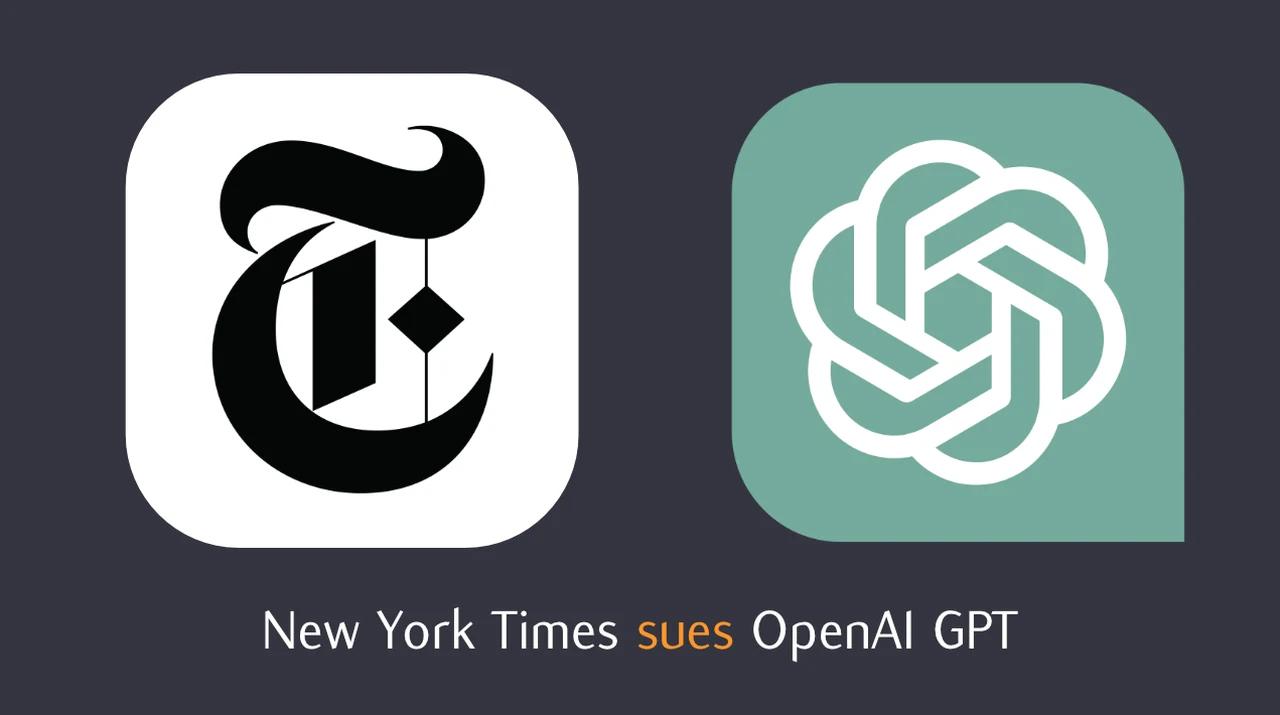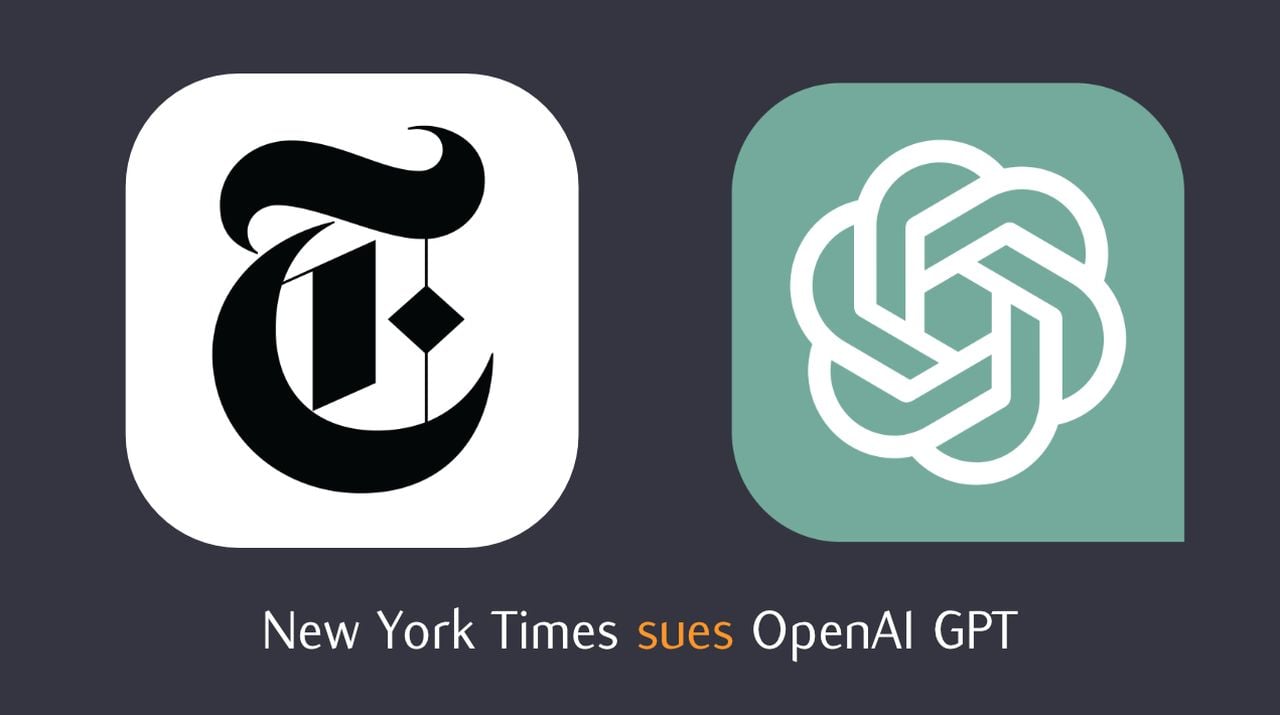
The esteemed publication, The New York Times, has taken a bold step by filing a lawsuit against OpenAI, the creators of the sophisticated AI model known as GPT-4. This legal challenge, which also involves tech giant Microsoft due to its association with OpenAI, is centered around claims of copyright infringement. The New York Times is seeking significant financial compensation, alleging that its copyrighted content was used without permission to train the AI system.
At the heart of this dispute is the demand for the complete removal of GPT-4 and any other models that may have utilized The New York Times’ copyrighted material during their training. This case is critical as it could set a new legal standard that might affect the future of AI development and the use of copyrighted materials in machine learning.
The New York Times argues that OpenAI’s models, which have consumed its content, now pose a threat to its business by offering similar journalistic services. The publication claims that GPT-4 can generate summaries and even reproduce exact excerpts from its articles, essentially redistributing its content without authorization.
A key point in the lawsuit is whether AI systems like GPT-4 retain exact copies of copyrighted texts or whether they simply learn patterns and generate similar content independently. This distinction is crucial and could determine the outcome of the case.
New York Times OpenAI lawsuit
In the past, U.S. courts have been reluctant to hold AI systems accountable for the data on which they are trained, often dismissing lawsuits related to such issues. However, this case could break that pattern, particularly if it is proven that GPT-4 can recall and reproduce copyrighted material.
The implications of this legal battle are far-reaching. Should The New York Times emerge victorious, it could reshape the AI industry, especially regarding how AI models are trained and the necessity of securing permissions for copyrighted content. Such a shift could fundamentally change how AI companies acquire and use training data.
Quick summary of the New York Times and OpenAI GPT lawsuit :
- The New York Times is suing OpenAI and its affiliates for copyright infringement.
- The lawsuit seeks significant financial damages and the removal of GPT-4 and related models.
- Previous lawsuits against AI models for similar reasons have generally not succeeded.
- U.S. courts have typically rejected claims against the training data used by AI models.
- The lawsuit argues that OpenAI’s models, using data from the New York Times, compete with the newspaper’s ability to deliver news.
- The New York Times alleges that OpenAI’s models can generate detailed summaries and verbatim excerpts from its articles without authorization.
- The case may hinge on whether OpenAI’s models store actual copies of copyrighted material.
- The outcome of the lawsuit could have implications for the future of AI models and their interaction with copyrighted content.
As the situation unfolds, it is crucial to consider the balance between encouraging AI innovation and protecting intellectual property rights. The outcome of this lawsuit will likely have significant consequences not only for OpenAI and its affiliates but also for the wider AI community and its interaction with copyrighted materials.
The confrontation between The New York Times and OpenAI is not just a legal matter; it is a pivotal moment that could influence the direction of technological advancement and the protection of creative works. The resolution of this case is eagerly anticipated, as it will set a precedent for how AI entities and content creators coexist and collaborate in the rapidly evolving digital landscape.
Filed Under: Technology News, Top News
Latest timeswonderful Deals
Disclosure: Some of our articles include affiliate links. If you buy something through one of these links, timeswonderful may earn an affiliate commission. Learn about our Disclosure Policy.

